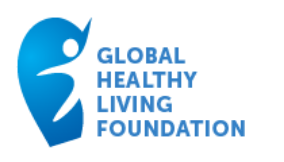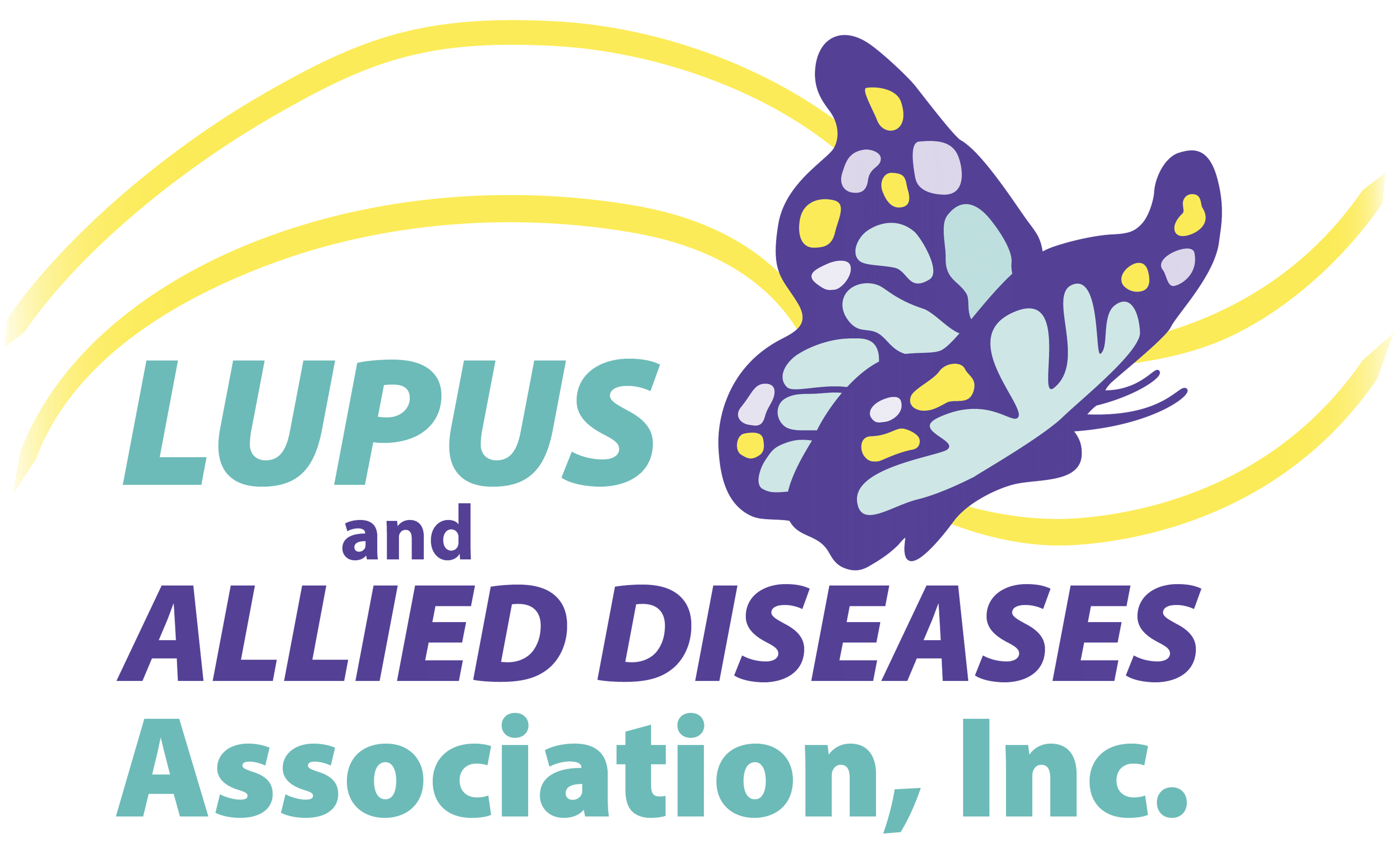

Our Commitment to People Living With Autoimmune Diseases and Cancer
At Cullinan Therapeutics, we believe in a future where those living with chronic autoimmune diseases and advanced cancer types spend less time managing their conditions and more time on what matters most.
To achieve this goal, we are committed to listening to and integrating perspectives and insights from the communities we serve throughout our work researching and advancing innovative investigational treatments. We work collaboratively and transparently with patients and patient advocacy groups to create meaningful partnerships, develop and share resources and education, and drive change for those living with autoimmune diseases and cancer.
RESOURCEs
RA is a chronic autoimmune disease primarily characterized by inflammation of the joints, which can lead to pain, swelling, stiffness, and permanent joint damage, making it harder to move and do everyday activities. The disease often affects multiple joints at the same time, commonly the hands, wrists, and feet, but it can also involve other organ systems. RA is one of the most common forms of arthritis, and the disease is more common in women than men.
Currently approved therapies can reduce the symptoms of the disease and help protect the joints from damage. However, these therapies can result in chronic immune suppression, increasing infection and cancer risk, especially in elderly people with RA. Additionally, many patients stop responding to or are not able to tolerate these treatments and remain with significant disease activity. The goal of our clinical trial is for patients to achieve low disease activity or even remission.
Resources & Support
Sjögren’s disease is a chronic autoimmune disease that affects the entire body. Many people living with Sjögren’s experience excessive dryness in the mouth and eyes, and they may also face other serious complications, including profound fatigue, chronic pain, major organ involvement, swelling of lymph nodes and glands, arthritis, hematologic abnormalities, neuropathies, and an increased risk of lymphoma. Sjögren’s disease can occur alone or alongside other autoimmune diseases such as lupus, rheumatoid arthritis, or scleroderma. Sjögren’s disease is one of the most common rheumatic diseases, although some people with Sjögren’s disease go undiagnosed.
Currently, there are no approved systemic therapies for Sjögren’s disease. Treatments are available to help manage dryness and other symptoms, but no therapy has been shown to comprehensively slow disease progression or address all aspects of the condition.
Resources & Support
SLE is a chronic, heterogeneous autoimmune disease in which the immune system attacks the body’s own tissues. The most common symptoms of SLE include skin rashes, arthritis, kidney disease, extreme fatigue, and fevers. SLE is more common in women and people of color.
Currently approved therapies can reduce the signs and symptoms of SLE. However, these therapies result in chronic immune suppression, increasing infection and cancer risk. Additionally, many patients stop responding or are not able to tolerate these treatments and remain with significant disease activity. The goal of our clinical trial is for patients to achieve low disease activity or even remission.
Resources & Support
AML is a cancer of the blood and bone marrow and the most common form of acute leukemia in adults. This type of cancer usually gets worse quickly if it is not treated. People with AML are typically diagnosed at an average age of 68 and have a five-year survival rate of 10% or less in the relapsed setting.
Currently approved therapies for AML can delay disease progression and in some cases lead to remission, particularly in patients with specific genetic mutations or risk profiles. However, a significant unmet need remains for a broadly applicable and accessible therapy that produces high and durable response rates.
Resources & Support
MDS are a group of blood and bone marrow cancers. Healthy immature blood cells in the bone marrow generally mature into red and white blood cells and platelets. In MDS, however, these bone marrow cells fail to mature, impairing the blood’s ability to carry oxygen, fight infection, or clot effectively to control bleeding. Most people with MDS are age 70 or older, and MDS are rare in people under 50.
In some people, MDS can progress into AML. Currently approved treatments for MDS and AML can delay disease progression, and in some cases lead to remission, particularly in patients with specific genetic profiles or who are eligible for intensive therapy. However, the treatment landscape lacks a broadly applicable and accessible therapy that produces high and durable response rates.
Resources & Support
Lung cancer is a disease in which malignant (cancer) cells form in the tissues of the lung. Factors that affect prognosis include the stage of the cancer, type of lung cancer, and whether the cancer has mutations. NSCLC is the most common type of lung cancer. Epidermal growth factor receptor (EGFR) mutations are one type of lung cancer biomarker. Insertions at exon 20 (ex20ins) account for a portion of those mutations. People with EGFR ex20ins mutations have poorer outcomes than those with more common EGFR mutations.
While currently approved therapies for EGFR ex20ins-positive NSCLC have shown the ability to shrink tumors and delay disease progression, there remains a significant unmet need for oral therapies that are safer and more effective.
















